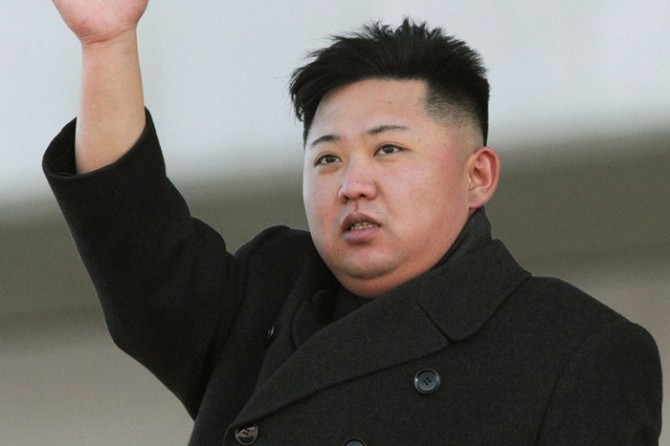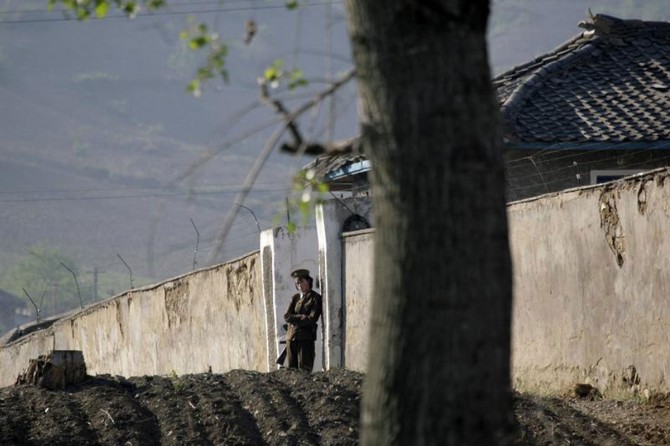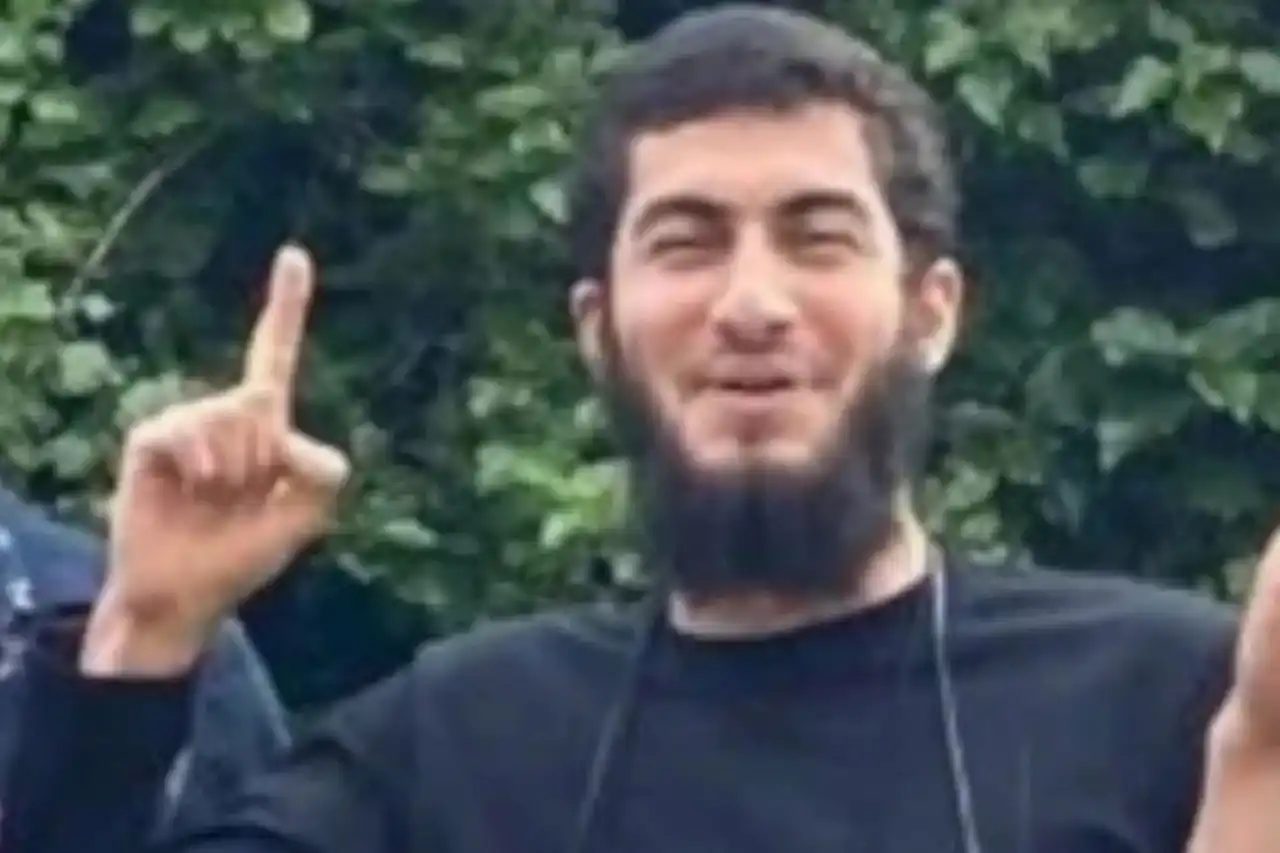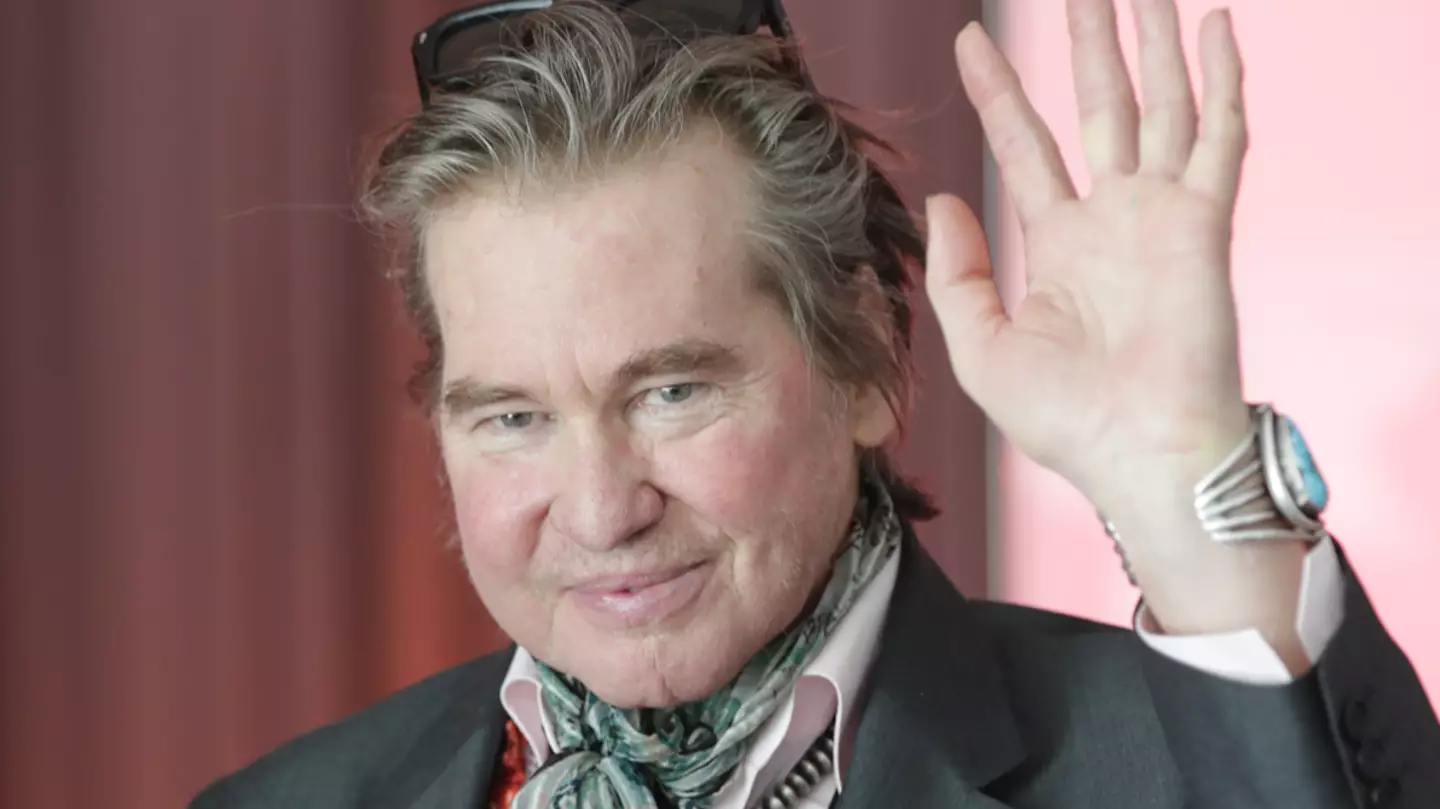To get them into such a brutal, unforgiving sadistic fervour, prison guards have months of intensive training which brain washes them into seeing the prisoners as sub-human enemies. They also quickly learn that any violent acts they commit go unpunished. On the other hand they also learned that any kindness or sympathy they show the prisoners would be punished.
One guard spoke of his martial arts training as a guard: “Sometimes the instructors would summon inmates who were working in the field. They were summoned so that we could practise our [martial arts] skills on them. The reason for actually practising our skills on these inmates was to … make these inmates stay on alert and to instruct us that those are our enemies. … We did not have people to practise on, so they summoned the inmates so that we could practise our kicks and hits on them… We really don’t care if we are going to kill them or let them live”.

Mr Ahn also spoke about how ferocious dogs were kept in one the camps to catch inmates who attempted to escape. On one occasion, the dogs mauled and killed three children at a prison school. The commanding officer initially berated the dog trainer for letting the dogs loose. Later, however, he praised the trainer in front of the other guards for having trained dogs that could effectively kill political prisoners.
In the same way that “free” people in DPRK are pressured into telling on each other, the people within prison camps are also separated into work units. The head of these units is not only allowed to dish out punishment, they are expected to dob in their fellow inmates. From a young age people are encouraged to tell on others to save their own lives…

Mr Shin Dong-hyuk was 13 years old when he reported a conversation he overheard between his mother and brother in which they talked about escaping from the camp. As a result, his mother and brother were both executed. Mr Shin had to watch the public execution of his mother and his brother, along with all the other inmates. He said this of his thought process:
“I first reported about their plan [to escape], because I was obliged to report every detail to the guards… That was the rule of the prison’s camp, so that’s why obviously I thought it was my job to report about their plan to the guard at that time. At my age, I was really proud of that. … I asked the supervisor to reward me, to give full portion of cooked, dried rice so fill my stomach. And, I was promised that reward and that’s why I reported about their plan”.
☛ More: Inside North Korea: Unbelievable Excerpts From UN Report #3















